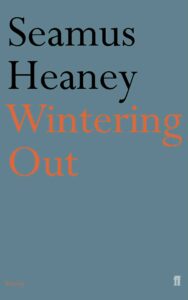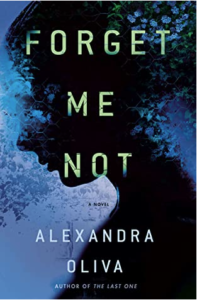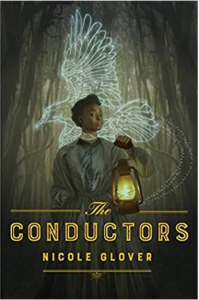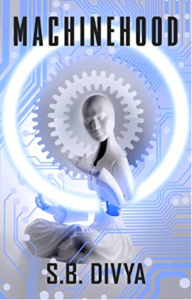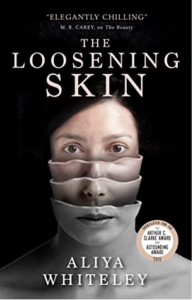I want to like popular science, and am always pleasantly surprised on the rare occasions I do. I think that, to a large extent, my reading habits in this have been shaped by being a good textbook student. When I’m presented with nonfiction, I like to have things laid out to me systematically (as good textbooks will do!) in bite-sized pieces, layered on to one another. In college, I developed an interest in quantum physics, but since my college didn’t offer those classes, I borrowed library textbooks on the subject (idk why my school had them, considering) and thoroughly enjoyed those. Physics, in general, was my favorite science, from high school and beyond.
So it’s always been weird to me that I’d pick up seminal pop science texts from Stephen Hawking and Carl Sagan and the like and be, frankly, bored. I’d read the first chapter or two and just find myself utterly mystified and annoyed. So Chanda Prescod-Weinstein is in good company when I say that I found the first 4-6 chapters of her book a struggle. As she herself admits later on in The Disordered Cosmos, writing about science for a lay audience is hard. She’s got a ton of enthusiasm and a ton of knowledge, but trying to break that down into pieces for readers who don’t have at least a working knowledge of the subject is a tough task, and one I don’t feel she accomplishes. But this isn’t meant to be a textbook — and that’s a good thing, because I had occasional quibbles with her scientific philosophies, which at one point directly contradict themselves (more on that further down.) What it is meant to be is an exploration of what it’s like to be a minority in a supposedly highly rational field, and to be continually confronted with all the ways this so-called rationality is really just systemic white supremacy.
The back 60% of the book is essentially a sociology of science text, and is really engaging and brutally frank as Dr Prescod-Weinstein discusses her experiences as a Black Jewish agender queer woman in the field of particle physics. She talks about race and radical politics, solidarity with labor and Indigenous peoples, rape and sexism, and her hopes for a society that encourages everyone to learn — and not just by providing aspirational models but by actually giving people the security with which to choose the pursuit of knowledge instead of needing to divert all that energy into mere survival — with both fire and finesse. Reading TDC makes you wonder why her politics are considered radical when anyone with an ounce of common sense can see that they embody doing the right thing for humanity in general. “But who’s going to pay for it?” moan the trolls and the ignorant and the entrenched interests. Well, once we properly tax the rich and stop letting the military-industrial complex use our tax dollars as their fun money stashes, we’ll be in a good position to fix the fraying social net that’s barely supporting America, thereby launching entire generations into scholarship, if that’s what they choose to do.
That is, however, another of the weaknesses of this book, that it is very American — understandable tho given that therein lies the bulk of Dr Prescod-Weinstein’s experience. It’s just weird that she complains about cultural imperialism but defaults to assuming that America is the center of the world, in line with several other inconsistencies that haven’t yet been ironed out in her thinking, e.g the difference between scientific fact and the assigning of moral value to them in re: the field of optics; or the complaint that the pursuit of knowledge needs to justify itself (for funding etc.) vs the insistence that science needs to tie itself to social issues. I get what she’s trying to say, but I wish she’d done it more clearly so that I’m not left doubtful in assuming that she and I actually are on the same page.
Anyway, TDC is fine for pop science (I guess) but it’s really great as a critique of the way contemporary American science — and by extension, contemporary American society — treats people who aren’t able-bodied straight white males. Skim the first few chapters to get to the really good stuff, tho.
The Disordered Cosmos: A Journey Into Dark Matter, Spacetime, And Dreams Deferred by Chanda Prescod-Weinstein was published March 9, 2021 by Bold Type Books and is available from all good booksellers, including
Want it now? For the Kindle version, click here.

